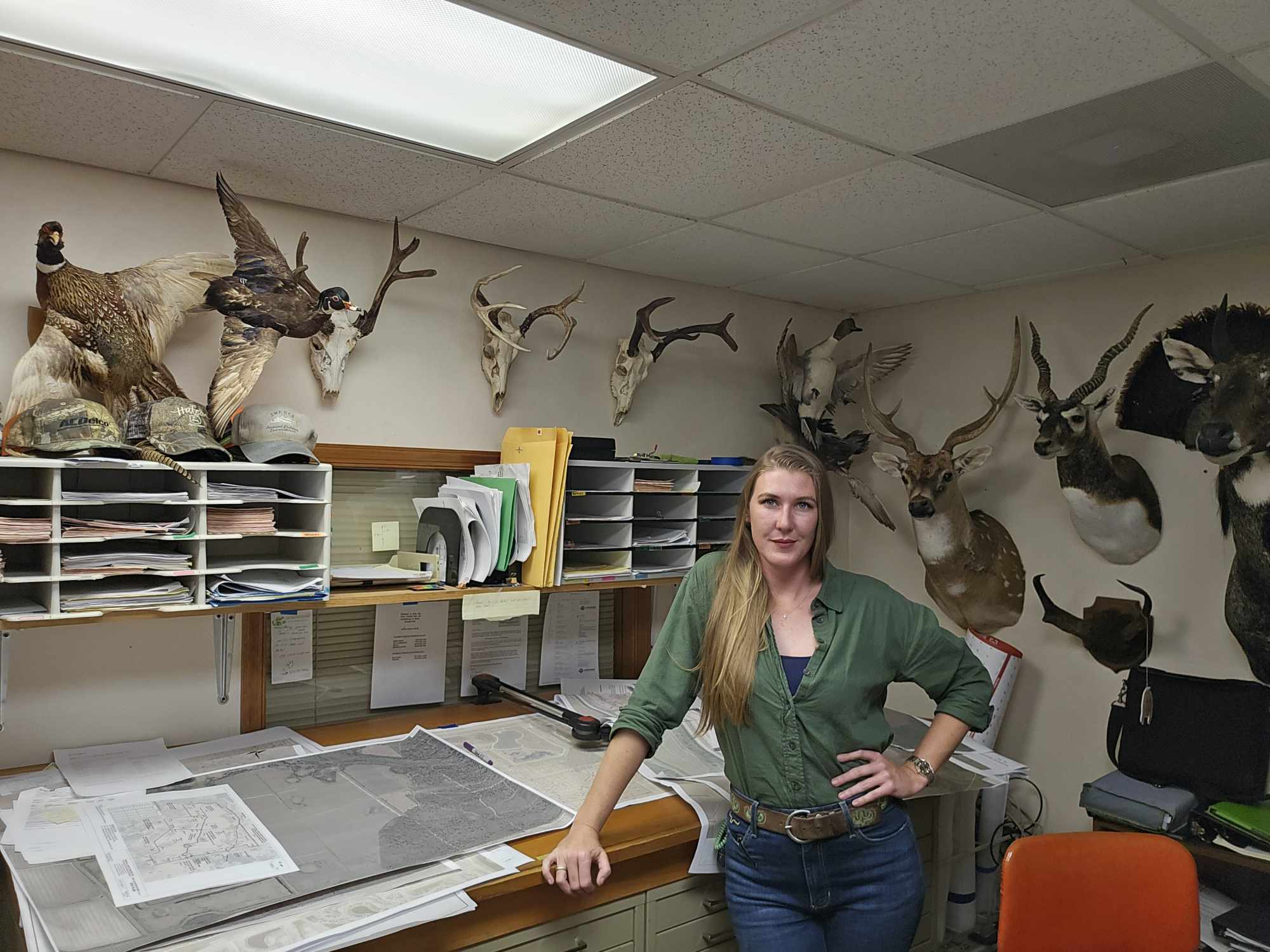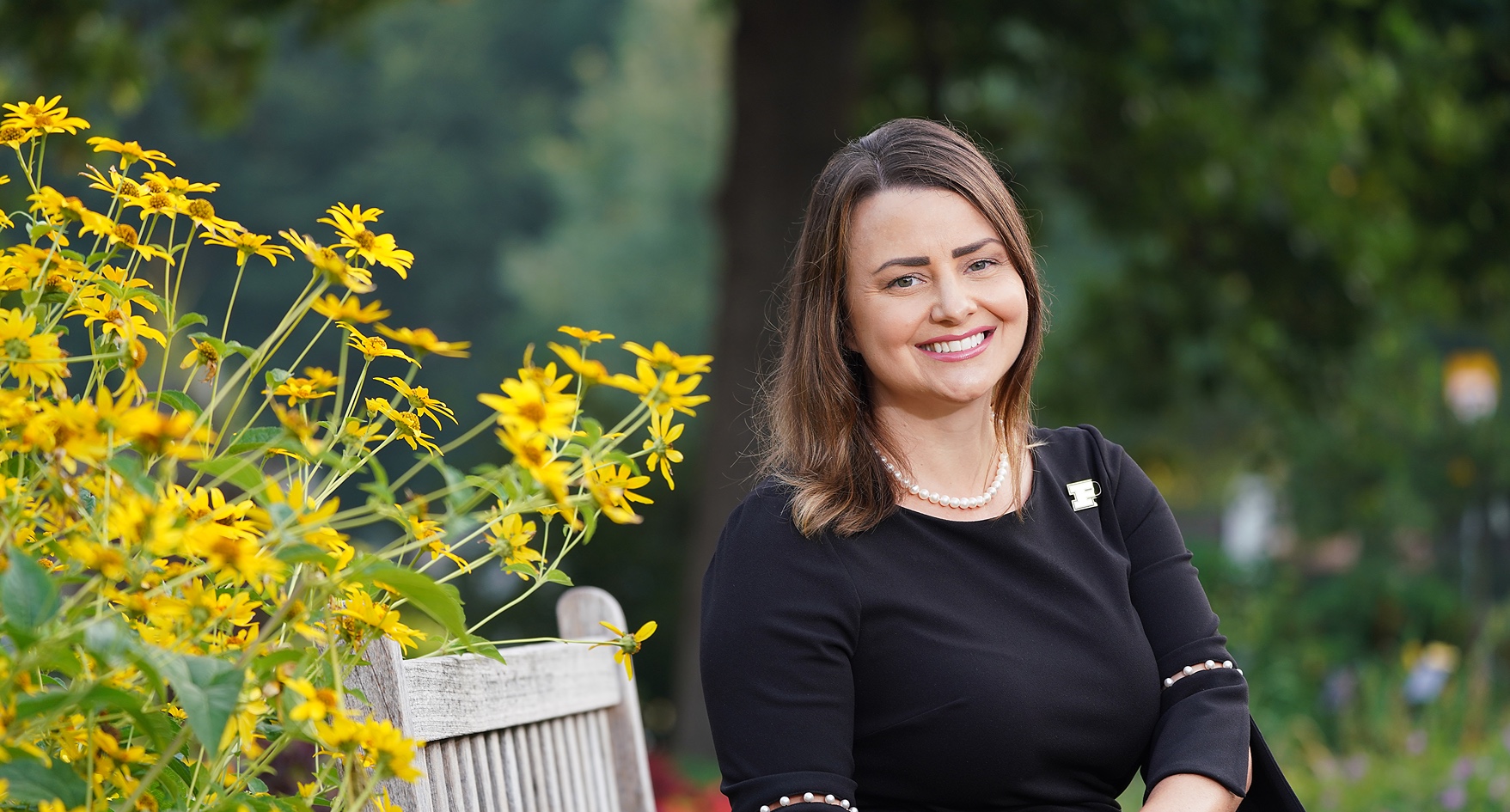Todd Chermak had an idea. Becoming a regulatory affairs leader for a pharmaceutical company was something like serving a long apprenticeship. Individuals came in with a science background and practiced for years under veterans in the regulatory field before becoming veterans themselves.
Chermak thought there ought to be a structured way to lay groundwork that could smooth and help accelerate the transition, and that Purdue University, with a strong industrial pharmacy program, was the place to do it. A Purdue pharmacy graduate, Chermak decided to approach his alma mater and contacted his former professor Stephen Byrn, who saw an opportunity he couldn’t turn down.
“I had no idea how many courses we would develop,” Byrn said. “We almost built the airplane while we were flying.”
Twenty years later the program is still flying high in the form of Purdue’s Biotechnology Innovation and Regulatory Science master’s degree and its fully online graduate certificate in Biotechnology Quality and Regulatory Compliance, which are now housed in one of the top ranked Agricultural and Biological Engineering programs in the United States.
Abbott, Chermak’s employer at the time, and Lilly provided $50,000 each to start what was then the three-course Regulatory and Quality Compliance graduate certificate in the Department of Industrial and Physical Pharmacy. Abbott and Lilly also seeded the program with students and paid their tuition. Chermak, relatively new to the regulatory field at that point, became one of the first graduates and served on the program’s industrial advisory board.
“I am thrilled that it sustained itself,” said Chermak, who’s now the chief regulatory and government affairs officer at CellCarta and a grizzled regulatory veteran himself. “There are hundreds of students who've gone through it. They've expanded it to Africa, which is great. You're not just training people in the U.S. You're training people all around the globe.”
Chermak practiced pharmacy, primarily in Chicago, as a side gig to help pay for graduate school, but he always intended to leverage his pharmacy degree to work in industry. He didn’t intend to get into the regulatory end of the business. The door of opportunity opened, however, and he walked through it.
“The reality is you have a lot of great basic science understanding that can be applied in many different domains,” Chermak said of his Purdue pharmacy degree.
He went to work for Abbott in Chicago right after graduating from Purdue and served in a variety of positions, in regulatory and other functions, for the company and its AbbVie spinoff. He worked in pharmaceutical research and development, in diagnostics, in the company’s nutrition division, and did a stint in branded generics, which had he and his family living in Switzerland for three and a half years.
Chermak was eligible to retire from Abbott at age 50. But he wasn’t ready to kick back on a beach somewhere. That brought him to CellCarta, which focuses on biomarker technology integral to the development of precision and personalized medicine. The move basically took him from working for an established industry giant to working for a private equity company that’s developing products on the cutting edge.
“I really wanted to do something different,” Chermak said. “I wanted to help build a business from a relatively early stage. I'd never fully had that experience. It was kind of the next evolution for me.”
Evolution is happening with gusto today in the biotechnology, pharmaceutical and medical device fields, creating demand for people with the regulatory expertise necessary to bring breakthroughs to market. That makes the Purdue programs Chermak helped get started more valuable than ever.
“It was really about accelerating learning and preparing students for being better equipped regulatory people, so they can hit the ground running,” Chermak said. “You're teaching and educating a generation of talent that can provide necessary medicines for their country. I think that's fantastic.”
To find out about Purdue’s online Biotechnology Quality and Regulatory Compliance Graduate Certificate
visit the program website. To learn more about Purdue’s Master of Science in Biotechnology Innovation and Regulatory Science
visit the program website.





